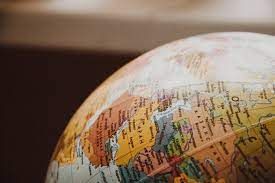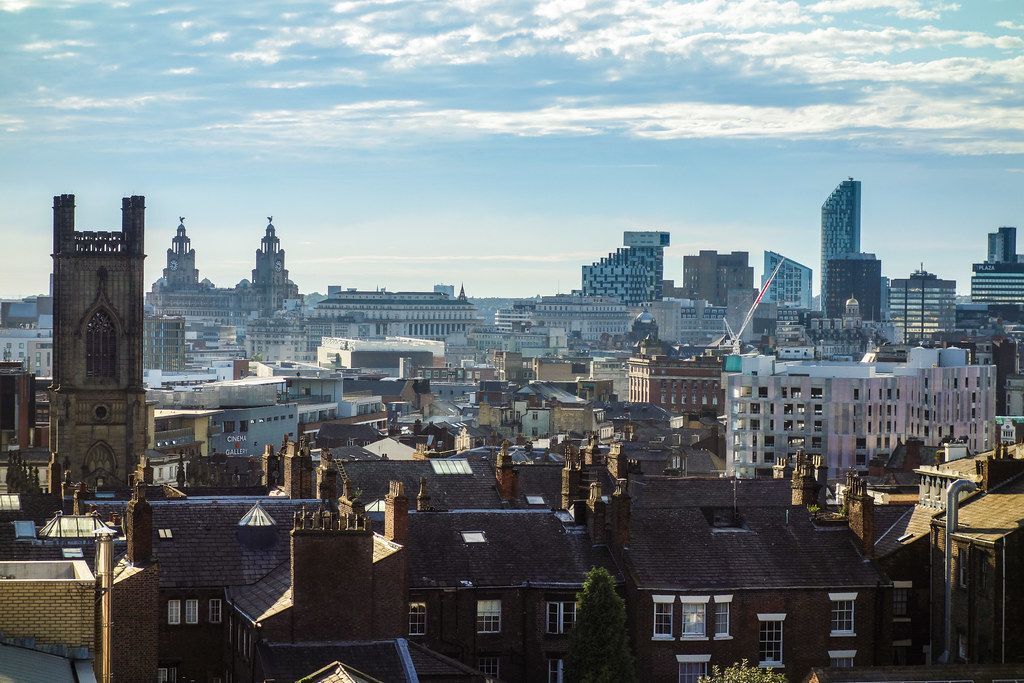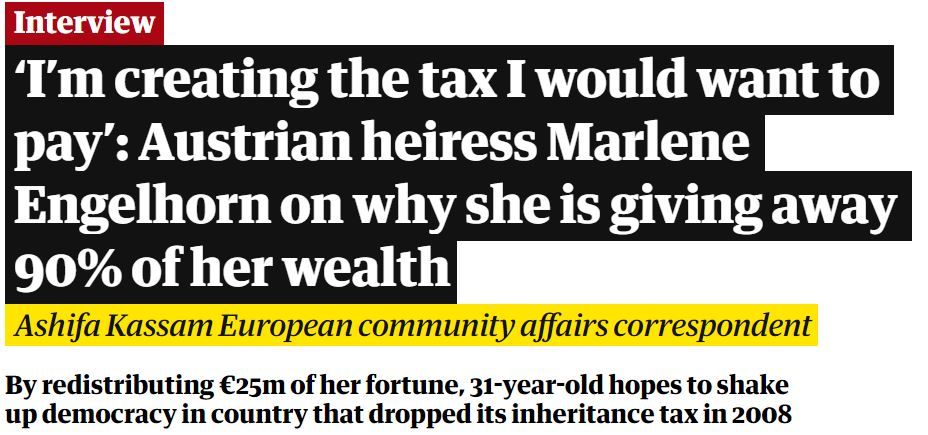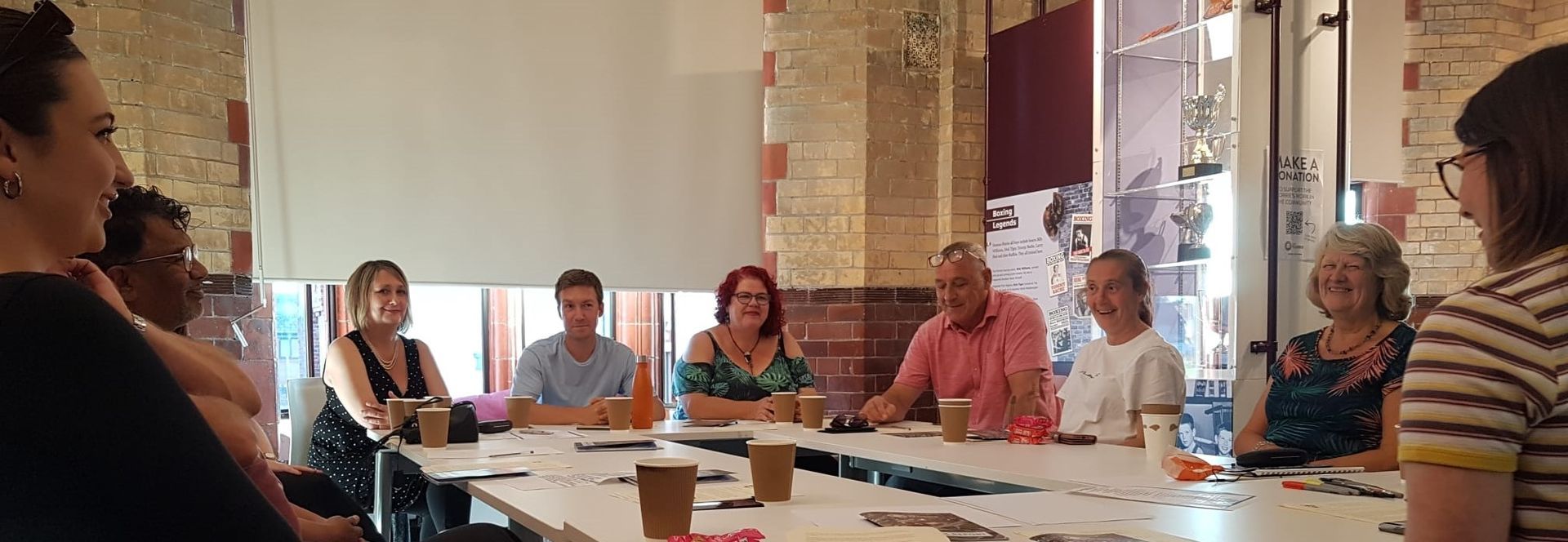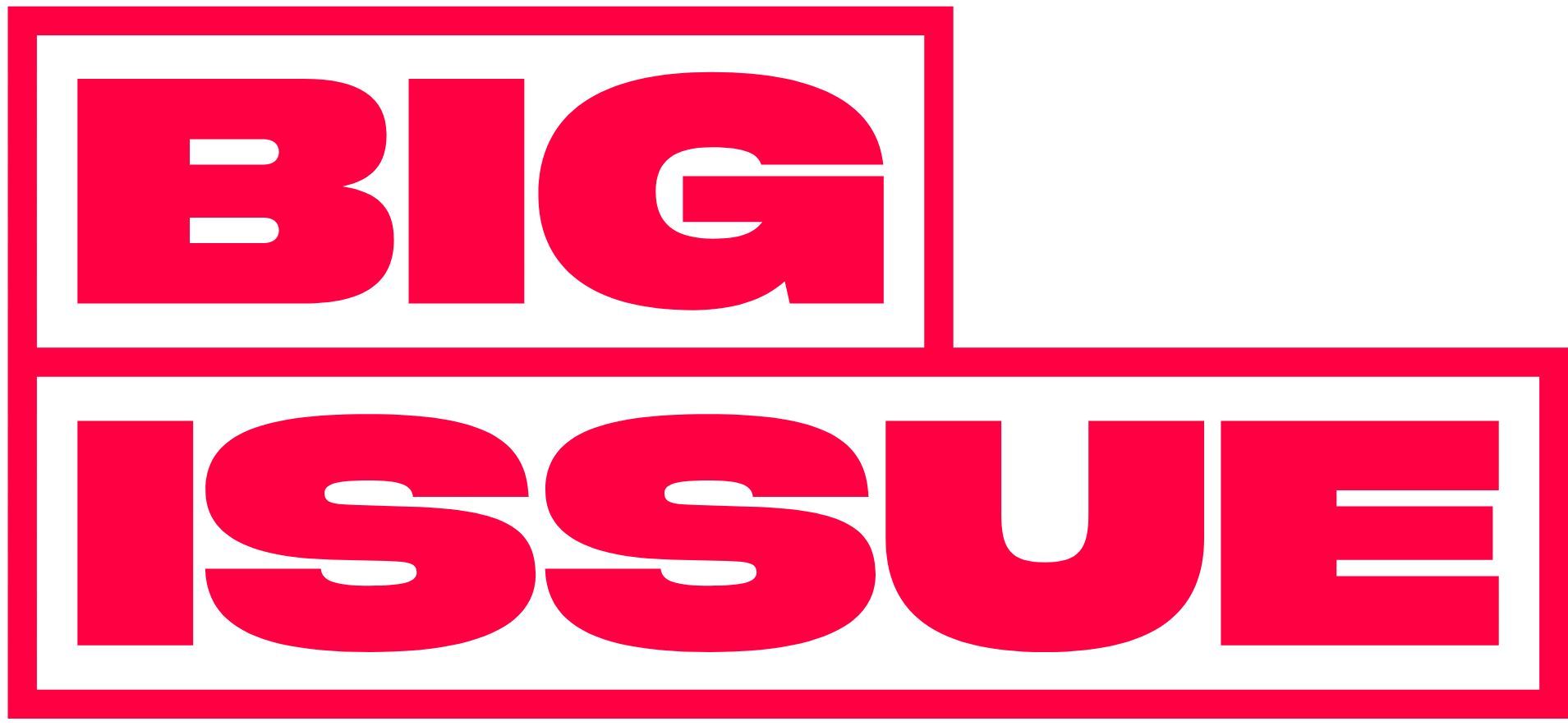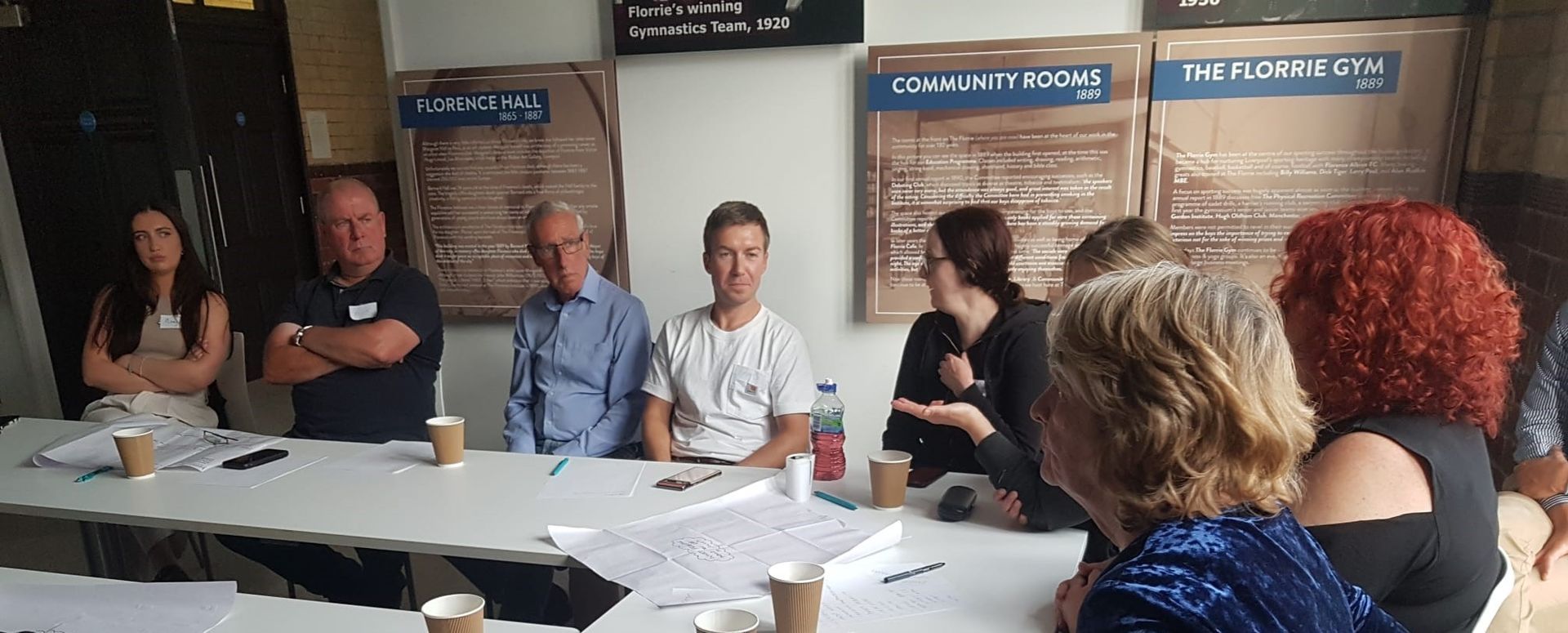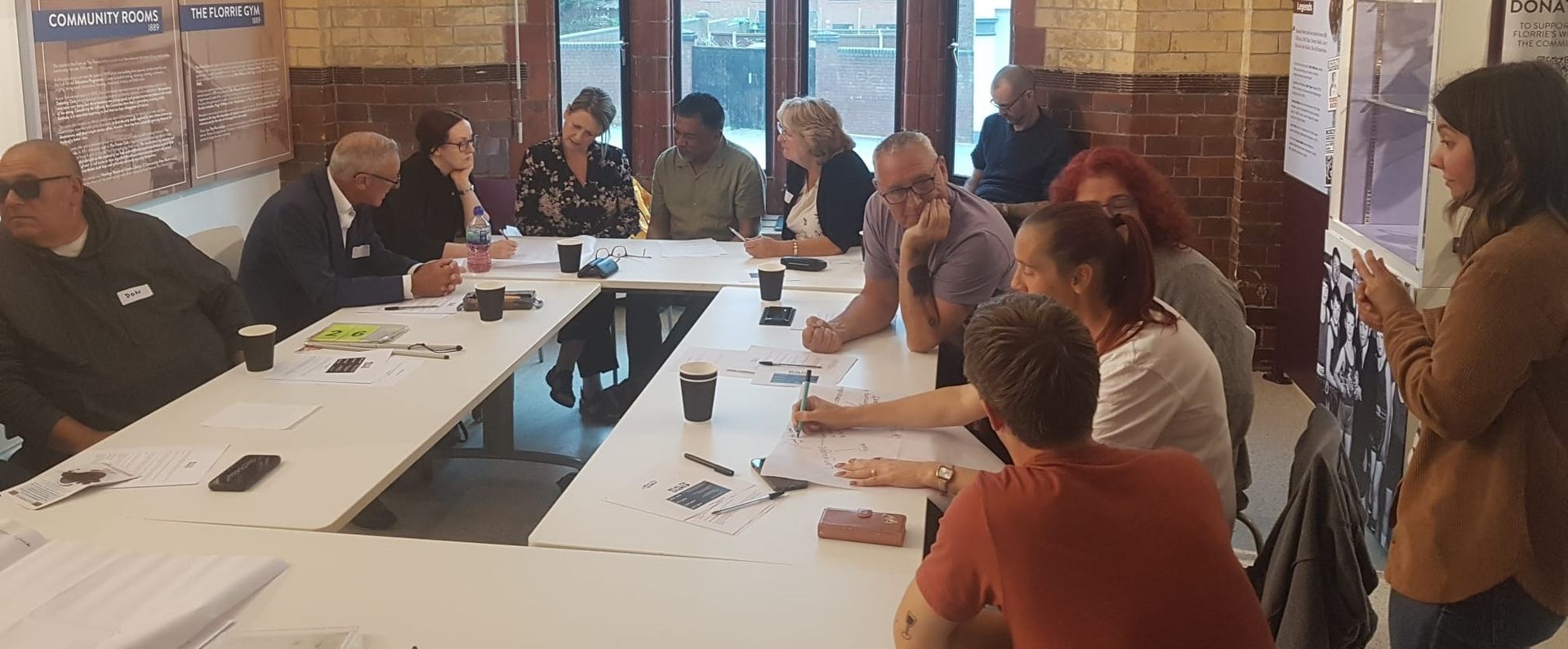Liverpool man gives random strangers control of £100k inheritance
January 29 2024
- Donor invited strangers to give away 80% of his money, saying he has more than he needs
- “I thought it was a scam”, said one of the selected participants
- The story of the project, called ‘Wealth Shared’, is being told today for the first time
A Liverpool-based researcher gave 12 random strangers a free choice over what should happen to £100k he inherited. They chose to support organisations tackling poverty in their local area, it has been revealed today.
David Clarke, 34, said he wanted to do his bit to counteract the widening wealth gap in the UK. After receiving a large sum several years ago after the death of his mum, he resolved to give most of it away.
David created a project called ‘Wealth Shared’, whereby a group of random strangers would be recruited from his home city of Liverpool, UK, and asked to agree what the money should be used for.
Last summer, letters went out to a random selection of addresses in the L8 postcode. Of the people who responded, 12 participants were chosen, also at random.
Many of the participants said that when they received the invitation, they thought it was a scam. Despite their misgivings, they attended an initial meeting at the time and place stated in the letter.
Over the following four weeks the group was given the option of using the money for any purpose, in any geographical location. They met for a series of discussion sessions lasting two hours each, with the support of a facilitator.
After eight hours of deliberation the group unanimously agreed to give the money to organisations focused on tackling deprivation in their local area.
David has now transferred the money, in line with what the group decided.
The group opted to donate £25k each to The Florrie community centre; The Dingle, Granby and Toxteth Collaborative, a network of schools; the Team Oasis children’s charity; and the Granby and Toxteth Development Trust.
During the deliberation, participants discussed the ongoing impact of the cost of living crisis and expressed a wish to provide relief to people in their community as quickly as possible.
The only rules were that the group weren’t allowed to give the money to themselves, they couldn’t have any control over the money beyond the conclusion of the project, and they could choose a maximum of four recipients.
Participants were given £50 per session in recognition of their contribution to the process.
After making some further donations to organisations providing unconditional cash payments to people in poverty, David now has £80k left in his bank account, which he says he will keep.
A similar initiative was recently announced by the Austrian heiress Marlene Engelhorn, who said she will recruit a ‘citizen's council’ of 50 randomly-selected citizens to redistribute her €25m fortune. There has not been any contact between David and Marlene.
A paper, published today, outlines in detail how the deliberation played out, shares feedback from the participants and evaluates the design of the process.
Emily McChrystal, facilitator, said, “In just four weeks it was no easy feat to come to a collective agreement, but everybody led with compassion and cared deeply for others in the space. This was the key to ensuring each person was heard and the final decision felt right.”
Gladys Williams, one of the 12 decision-makers said, in a personal capacity, "I supported the decision because of the beneficial impact the four organisations have on the local community. I enjoyed being part of the process. It was good to know that our views matter."
David Clarke said, “To anyone who is lucky to have more money than they need and is wondering what to do with it, I recommend this as a solution. The money will have more benefit now than it did when it was sitting in my account.”

